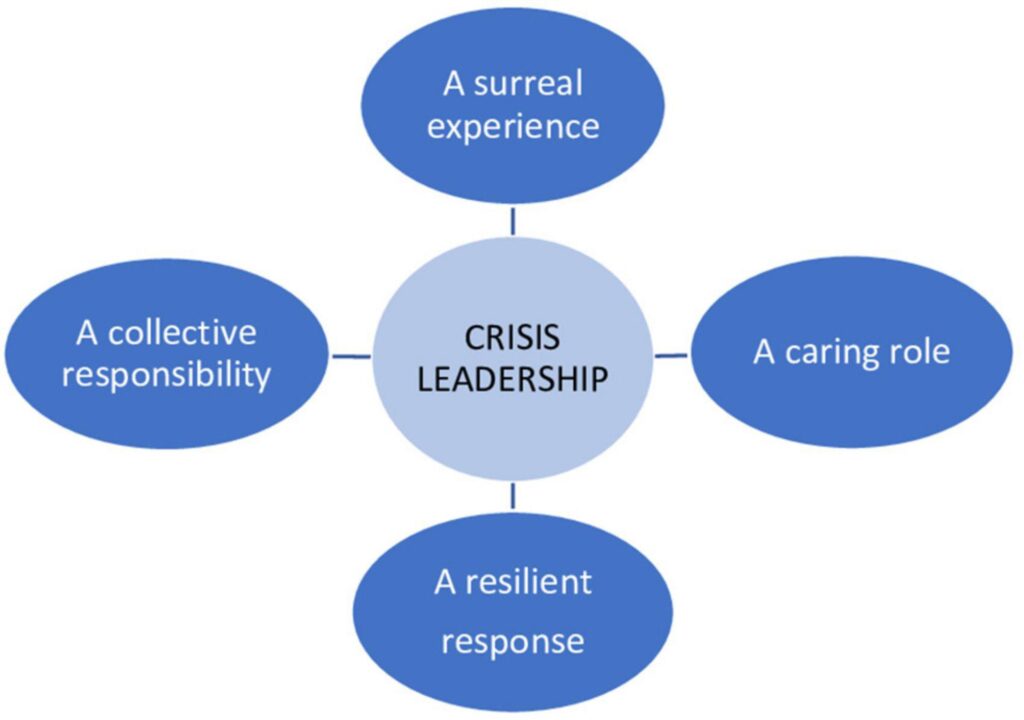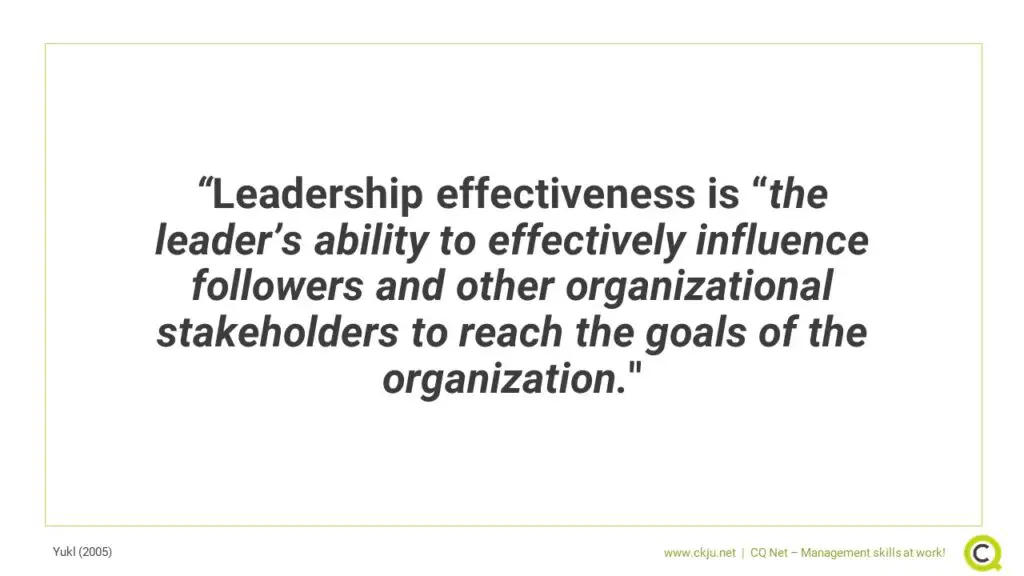The Psychology Of Leadership In Survival Situations
Have you ever wondered what qualities make a great leader in survival situations? In times of crisis or emergency, effective leadership can make all the difference between success and failure. Let’s delve into the psychology of leadership in survival situations to understand what it takes to lead effectively when faced with adversity.
Understanding Leadership in Survival Situations
Leadership in survival situations goes beyond just giving orders or making decisions. It involves inspiring and motivating others to work towards a common goal of survival. You must be able to remain calm under pressure, think clearly, and lead by example to earn the trust and respect of your team.
Qualities of an Effective Leader
To be an effective leader in survival situations, you must possess certain qualities that set you apart from the rest. These qualities include:
- Courage: A great leader must have the courage to make tough decisions and take risks when necessary.
- Resilience: Being resilient allows a leader to bounce back from setbacks and keep moving forward.
- Adaptability: In survival situations where circumstances can change rapidly, an adaptable leader can adjust their strategies accordingly.
- Empathy: Showing empathy towards team members fosters trust and cooperation within the group.
- Communication: Clear and effective communication is essential for ensuring everyone is on the same page and working towards the same goal.

The Role of Psychology in Leadership
Psychology plays a crucial role in shaping leadership skills, especially in survival situations. Understanding human behavior, emotions, and motivations can help a leader make informed decisions and inspire others to follow them. By tapping into the psychological aspects of leadership, you can better navigate challenging situations and guide your team to safety.
Building Trust and Confidence
One of the key elements of effective leadership in survival situations is building trust and confidence within the team. Trust is the foundation of any successful team, and as a leader, you must earn the trust of your team members through your actions and decisions. By being transparent, reliable, and consistent, you can instill confidence in your leadership abilities and inspire others to follow you.

Establishing Roles and Responsibilities
In survival situations, assigning roles and responsibilities to team members is crucial for maximizing efficiency and coordination. Each team member should understand their specific role and what is expected of them to contribute to the group’s overall success. By clarifying roles and setting clear expectations, you can streamline tasks, prevent confusion, and ensure everyone knows what they need to do to survive.
Decision-Making Under Stress
Leadership in survival situations often requires making quick decisions under immense stress and pressure. The ability to stay calm, think rationally, and assess the situation effectively is essential for making informed decisions that benefit the entire team. By practicing mindfulness techniques, such as deep breathing or visualization, you can better manage stress and make sound decisions even in the most challenging circumstances.

Conflict Resolution and Team Dynamics
Conflicts are inevitable in high-stress situations, but as a leader, it is your responsibility to manage conflicts effectively and maintain harmony within the team. By addressing conflicts promptly, listening to all perspectives, and finding solutions that benefit everyone involved, you can prevent tensions from escalating and keep the team focused on the task at hand. Understanding team dynamics and individual personalities can also help you anticipate potential conflicts and address them proactively.
Leading by Example
As a leader in survival situations, you must lead by example and demonstrate the qualities you expect from your team members. By showcasing courage, resilience, and adaptability in your actions, you can inspire others to do the same and create a positive momentum within the group. Your behavior sets the tone for the team, so make sure to exemplify the characteristics of a strong leader in everything you do.

Managing Stress and Self-Care
Leadership in survival situations can be physically and mentally demanding, so it’s essential to prioritize self-care and manage stress effectively. Taking breaks, staying hydrated, and getting enough rest are crucial for maintaining your wellbeing and decision-making abilities. By prioritizing self-care, you can recharge your energy levels, stay focused, and lead your team with clarity and confidence.
The Importance of Team Cohesion
Team cohesion is essential for survival in challenging situations, as a united team can overcome obstacles more effectively than individuals working alone. By fostering a sense of unity, camaraderie, and mutual support within the team, you can create a strong bond that withstands any challenges thrown your way. Encouraging teamwork, celebrating wins together, and providing emotional support can strengthen team cohesion and increase the chances of survival.

Celebrating Small Victories
In survival situations, it’s crucial to celebrate small victories and milestones to boost morale and keep spirits high. Recognizing achievements, no matter how small, can provide a sense of accomplishment and motivation to keep going. By acknowledging the efforts of each team member and celebrating progress towards your goal, you can create a positive and encouraging atmosphere that inspires everyone to persevere until the end.
The Power of Positive Thinking
Positive thinking is a powerful tool for effective leadership in survival situations, as it helps maintain optimism, resilience, and hope in the face of adversity. By focusing on solutions, opportunities, and progress, you can inspire confidence in your team and overcome obstacles with a can-do attitude. Cultivating a positive mindset not only boosts morale but also fosters creativity, resourcefulness, and perseverance in challenging situations.
Conclusion
In conclusion, the psychology of leadership in survival situations is a complex and multifaceted topic that requires a deep understanding of human behavior, emotions, and motivations. By embodying the qualities of an effective leader, understanding team dynamics, and practicing self-care, you can lead your team to safety and survival in even the most challenging circumstances. Remember, leadership is not about control or authority but about inspiring and empowering others to overcome obstacles and achieve their goals. By harnessing the power of psychology and leadership, you can navigate through adversity with confidence, resilience, and determination.
